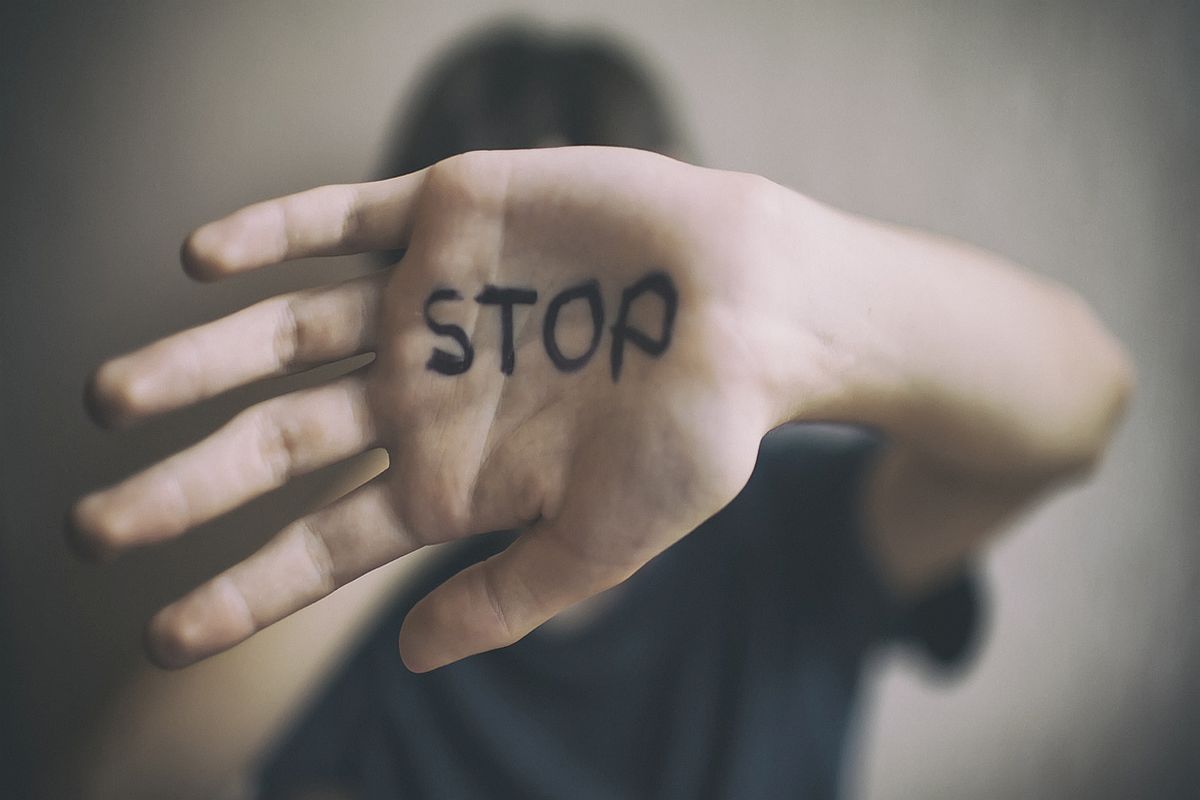With couples spending more time together due to the on-going lockdown, Punjab has registered a massive increase in complaints of domestic violence against women.
Figures show that there has been a 21 per cent increase (from 4709 to 5695) in total cases of crime against women (CAW) between February and April 20, and a similar percentage of increase in cases of domestic violence against women (from 3287 to 3993) in the same period.
Advertisement
On the other hand, there has been a substantial decrease in registration of cases relating to dowry harassment, rape and eve-teasing cases during the same period, apparently because men and women are not stepping out of their residences due to the lockdown.
Giving details on Thursday, the Director General of Police (DGP) Dinkar Gupta said the average number of calls received on emergency helpline number, 112, per day went up to 133 – a whopping 34 per cent for domestic violence cases, during March 20-April 20, from the previous three months’ average of 99.33. The per day increase in total CAW cases in this period is 30 per cent.
To take stock of the situation and discuss measures to tackle this increase, the DGP on Thursday held a video conference (VC) with all deputy superintendents of police (DSPs) of CAW cell and women help desk officials. As per the detailed strategy, presented during the VC by the additional DGP (community affairs division, Gurpreet Deo, standard operating procedures have been put in place to devise the police’s response mechanism.
The meeting decided that DSP CAW will send a daily report in a defined format to track all such complaints and monitor the action taken. The police will coordinate, as needed, with one-stop centres, which are manned by counsellors nominated by department of social security, women and child development. The services of these counsellsors will be utilised, wherever needed, to counsel the victims, perpetrators, and provide necessary protection in case of children.
It has been decided that the teams will call back the women in distress immediately, provide tele-counselling and even visit if needed. They will also provide in-situ counselling to the couple or family involved, and rescue the women victims in case they want to go to maternal house or shelter home.











